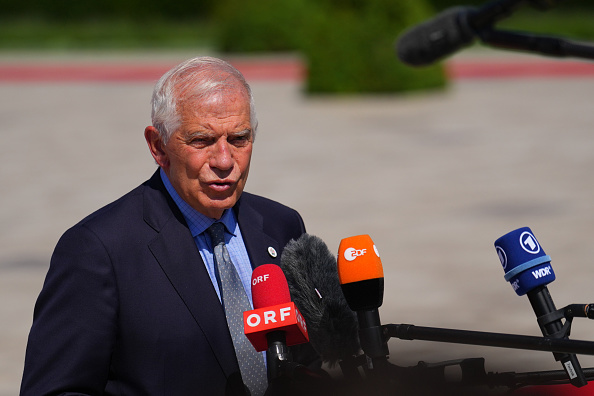New EU powers over bank accounts could be abused, privacy advocates warn.
Despite promises of safeguards, it is unclear from the European Commission draft who can request bank account information or what will be done with it.
“In police cooperation there’s a presumption that the intent is noble but unless there’s strong enforcement of that, abuse is likely to follow,” said a privacy campaigner, who asked not to be named.
The lack of a final text makes it hard to judge how far the legislation goes in addressing civil liberties concerns, say lawyers. There is “no sign of the text yet, so hard to assess it”, Steve Peers, professor of EU and human rights law at the University of Essex, told Brussels Signal.
The EU Commission argued any potential privacy or data protection impacts from the new proposal, which is intended to give police more powers to confront international criminal networks, would only be “limited”.
No new data was being generated or collected compared with what police or courts could already access, it said. The data also wouldn’t include information about financial transactions or account balances.
The European Parliament, Commission, and Council reached political agreement on Tuesday over the new directive, which calls for a single access point that will connect to all bank account registries.
This access point will let police and prosecutors identify all banks where a particular suspect has accounts.
The directive also sets out a common format for banks and crypto companies to pass on information about individuals and accounts–though “the specifics of the format will be defined in an implementing act”, the Commission said in a statement.
The proposal is meant to “make it easier to identify suspects, uncover links with accomplices, and map out criminal networks,” says Ylva Johansson, EU Commissioner for Home Affairs.
However, a comprehensive access to financial records “could infringe on individual privacy rights”, while “excessive intrusion could lead to legal challenges and public disapproval,” said Joseph Burridge, chair of the Counter Terrorism Advisory Group and a former special police sergeant in London’s Metropolitan Police, in an interview.
Criminal networks also were quick to adapt, and likely would develop “alternative, less traceable” means of transferring funds to circumvent the new monitoring mechanism, he adds.
It is a European solution to a problem partly of Europe’s making. The Serbian mafia and Southern Italy’s ‘Ndrangheta both take advantage of open borders in the Schengen Area to stash money in multiple jurisdictions.
“Money moves faster than law enforcement, and organised crime exploits that,” said Roy McComb, a consultant on organised crime and law enforcement and a former Detective Chief Superintendent in Northern Ireland.
Somewhat less quick to move are the European Parliament and Council, which still need to adopt the directive formally. Afterwards, member states will need to implement it.
So, as Joe Jones, research director at the International Association of Privacy Professionals, told Brussels Signal, “it might be many months, maybe even years, before all member states have implemented it.”




